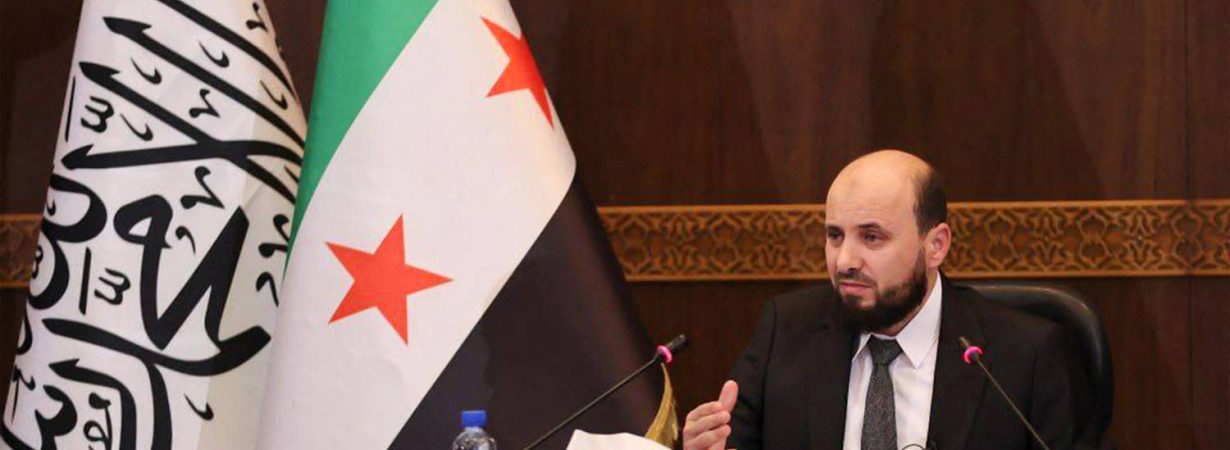Can Syria’s Interim Government Overcome Past Failures?

The overthrow of President Bashar al-Assad has brought Syria into a new phase with Hay’at Tahrir al-Sham (HTS) rising as a significant power. Led by Abu Mohammad al-Jolani HTS has roots linked to al-Qaeda raising questions about its intentions in the Levant. Al-Jolani, previously known as Ahmad Hussein al-Sharaa has a history deeply connected with jihadist movements including ties to al-Qaeda.
The interim government faces doubts about its ability to govern effectively, especially after its failures in managing Idlib in 2017. During that time, infighting among factions, including HTS led to chaos and an inability to provide basic services, worsening the living conditions for the people in the region.
Citizens of Syria are facing troubles. After the long conflict particularly in education and healthcare. Over 2.4 million children are out of school, and the healthcare system is overwhelmed, and unable to meet basic needs. Damaged infrastructure, including schools, hospitals, roads, and bridges, further hampers daily life.
It is important to take care of these challenges urgently. Working on education and healthcare systems is very important in Syria. Only this can give Syria a new start. To reestablish Syria international communities and local authorities should work by coordinating and joining hand in hand.
By focusing on these critical areas, Syria can work toward recovery and ensure a better future for its people.




